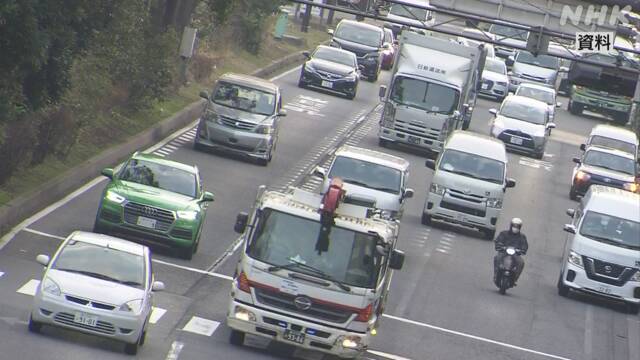In August, the number of new cars sold domestically fell by 2% from the same month last year, declining for the second straight month.
In addition to the shortage of semiconductors, the spread of the new coronavirus infection in Southeast Asia has affected the supply of cars, such as the suspension of factories where procurement of parts was delayed.
According to the announcement by the Japan Automobile Dealers Association, etc., in August, 319,697 new cars were sold in Japan.
This is a 2% decrease compared to the same month last year, and it is the second consecutive month that new car sales have fallen below the same month last year.
Of these, passenger cars, trucks and buses were 206,568 units, an increase of 4.4% from the same month last year, while mini vehicles were 113,129 units, a decrease of 12%, the lowest level in the last 10 years for August. I did.
In addition to the global shortage of semiconductors, the spread of the new coronavirus infection in Southeast Asia has affected the supply of vehicles, including temporary suspension of operations at factories where parts cannot be procured.
Industry groups have stated that "the resolution of the semiconductor shortage and the convergence of the new coronavirus infection cannot be read, and there is no prospect of a recovery in supply," and there are concerns that the impact will be prolonged.

